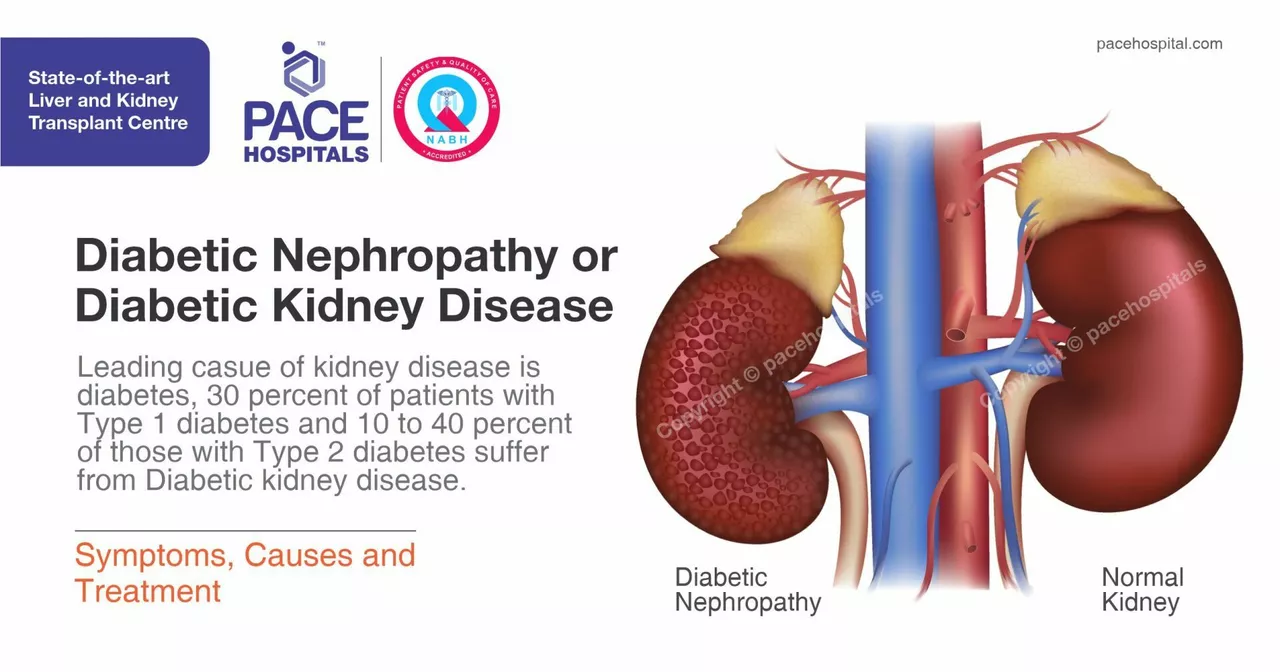Diabetes treatment: what works now and what to do every day
High blood sugar can sneak up on you. Treating diabetes means two things: lowering glucose safely and preventing complications. This page gives clear, practical options you can discuss with your care team — medicines, insulin approaches, daily habits, and smart ways to buy meds when needed.
Main medication options
Most people start with metformin for type 2 diabetes. It lowers glucose without causing weight gain and is cheap. If metformin isn't enough, newer pill and injection options exist: SGLT2 inhibitors (help remove sugar through urine and may protect the heart and kidneys), GLP-1 receptor agonists (help lower glucose and often cause weight loss), DPP-4 inhibitors (gentle glucose lowering), and sulfonylureas (effective but can cause low blood sugar). For type 1 diabetes and some advanced type 2 cases, insulin is required. Insulin comes in fast, short, intermediate, and long-acting forms — your doctor will tailor a plan based on meals and activity.
Practical tips for daily control
You can make a big difference with small, consistent habits. Aim for regular activity (30 minutes most days), balanced meals that limit added sugars and refined carbs, and portion control. Losing even 5–10% of body weight improves blood sugar in many people with type 2 diabetes. Check blood sugar as your provider recommends — fasting glucose, post-meal checks, or continuous glucose monitoring (CGM) if you have access. Track A1c every 3 months until stable, then as advised.
Know the common side effects of medicines: GI upset with metformin, dehydration or urinary infections with SGLT2 drugs, nausea with GLP-1 injections, and low blood sugar with some older pills or insulin. If you feel shaky, sweaty, confused, or very weak, check glucose and treat low blood sugar quickly with 15–20 grams of fast carbs (juice, glucose tablets). If symptoms don't improve, seek help.
Shopping for meds online? Be careful. Use state-licensed pharmacies, require a prescription for prescription drugs, and avoid deals that look too good to be true. Save money safely by using manufacturer savings, verified coupon sites, or pharmacy discount programs — but never skip the prescription or safety checks. Our site has guides on buying meds online and coupon stacking that can help you save without risking safety.
If you’re newly diagnosed, talk to your doctor about a personalized plan that covers meds, diet, exercise, and monitoring. If you already have a plan, review it yearly or after major health changes. Serious warning signs — very high glucose, severe dehydration, breathing trouble, or confusion — need urgent care. With the right mix of treatment and daily habits, most people keep diabetes under good control and avoid complications.
Want practical how-tos, drug guides, and safe pharmacy tips? Explore our articles on CFSPharmacy.com or ask your healthcare team for recommendations tailored to you.
Exploring the Best Metformin Alternatives for Diabetes Management
Diabetes management often requires exploring alternative medications beyond Metformin. This article examines five notable options: Precose, Januvia, Victoza, Invokana, and Jardiance. Each alternative provides unique benefits and challenges, allowing patients to find the most suitable therapy for their individual needs.
Saxagliptin and Kidney Function: A Crucial Connection
In a recent blog post, I explored the crucial connection between Saxagliptin and kidney function. Saxagliptin, a medication used to treat type 2 diabetes, has been found to have significant effects on the kidneys. Research has shown that this drug can help improve kidney function by reducing blood sugar levels and managing diabetes-related complications. However, it's essential to be cautious with dosages to avoid potential adverse effects, especially for patients with existing kidney issues. As always, it's important to consult with a healthcare professional before starting any new medication or making changes to your treatment plan.

